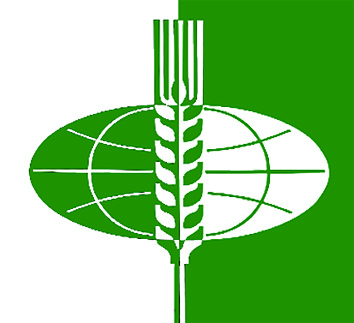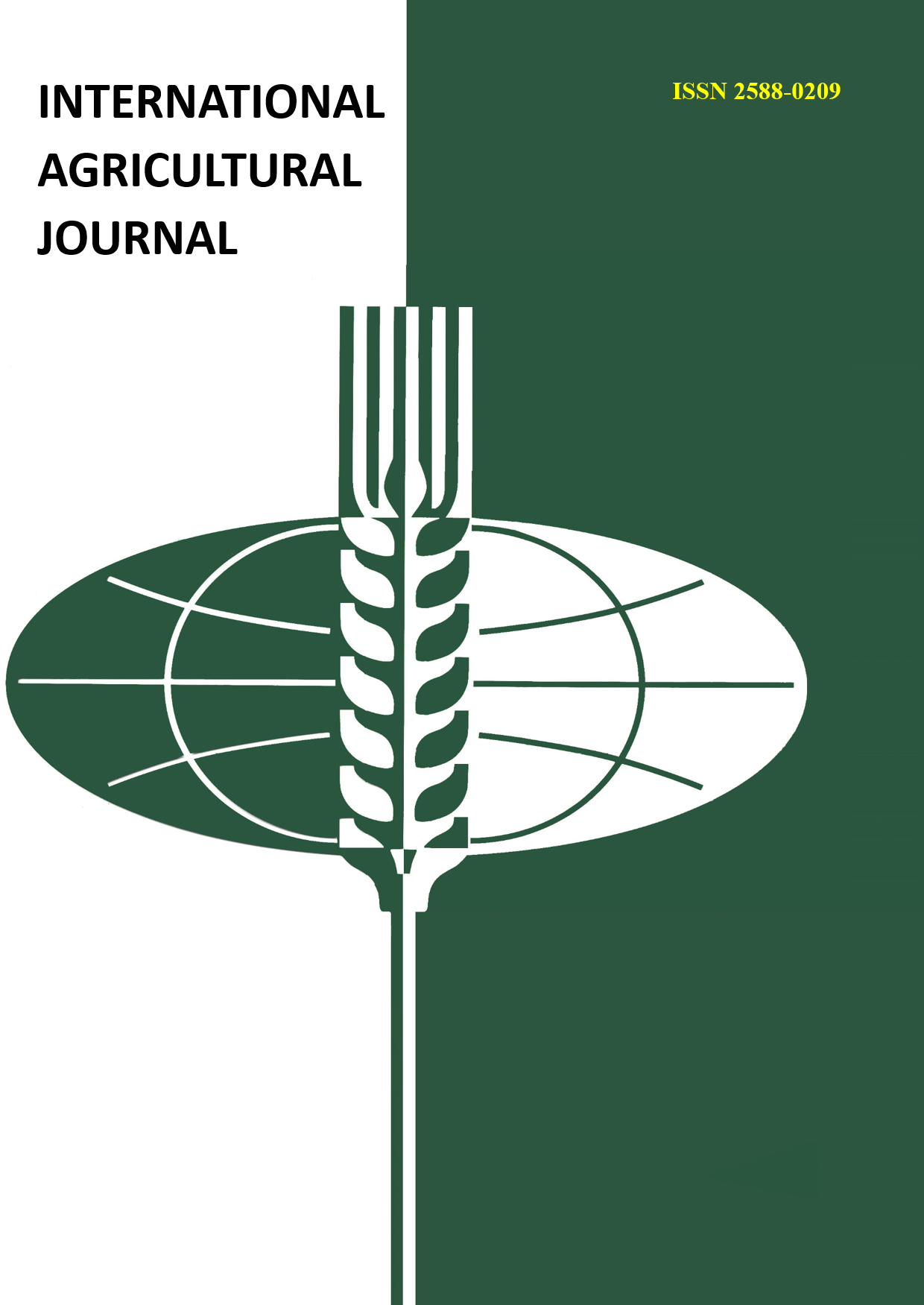In the context of the development of international trade, customs regulation of the agricultural sector of the economy occupies a fundamental place in ensuring the financial and economic security of the state, since it helps to restrict or expand the import of goods and services to the domestic market, as well as to restrain or encourage the export of goods and services from the country. It is revealed that customs policy and customs regulation are aimed at increasing the competitiveness of national producers and improving the commodity structure of foreign trade, stimulating investment processes and curbing the inflationary consequences of significant price fluctuations in international markets. Customs risks arising from non-compliance with customs legislation create a negative and dangerous situation for the state: the penetration of contraband and low-quality products, prohibited substances and goods into the domestic market, as well as a decrease in the collection of federal budget revenues due to customs evasion. As a result of the analysis of customs policy instruments, problematic issues have been identified and ways to solve them have been proposed. The threat of financial and economic security is analyzed - a decrease in federal budget revenues administered by customs authorities.
tamozhennoe regulirovanie, tamozhennaya politika, tamozhenno-tarifnoe regu-lirovanie, finansovo-ekonomicheskaya bezopasnost' gosudarstva, netarifnye mery tamozhennogo regulirovaniya














